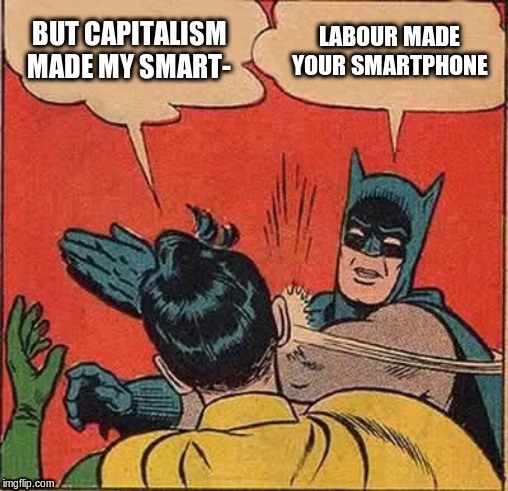Category: politics
In the same way it could be social, affordable, in a co-op, heck even (but hopefully not) private and rented. The municipality provides some infrastructure and codes/regulations to make sure there’s a home for everyone and that everyone can move freely if they want. But equally you can build your own home or move into an intentional community if you want and have the wherewithal to do so.
Not talking about a StateBook – if the state has any function in it, I think it should be regulating for open protocols and standards, or even just bare minimum access to data and data portability (https://newsocialist.org.uk/do-we-really-need-a-statebook/). I’m thinking more like Indienet – (https://indienet.info/) – the project in Ghent (coordinated by @aral@mastodon.ar.al) to provide each denizen with their own connected node in a wider p2p/federated network. I mean municipal more in the sense of libertarian municipalism, self-determination and federation of villages, towns, cities.
Obviously access to physical housing is a mess, at least where I’m currently living, so maybe not the best reference point. But I’m finding it an interesting framing. Every Facebook or Twitter profile is currently a home on the web, and it’s as if billions of people all have the same corrupt landlord.
This is kind of implicitly assuming that everyone *needs* a home on the web. That is certainly a debatable point. It is definitely becoming more of a part of the fabric of everyday life, and you could argue that it shouldn’t be. I vacillate on this a bit but overall I tend to think that the benefits can outweigh the negatives, when it has a social motive and not a profit motive.
“the Swiss example shows how these non-state and non-capitalist actors can build quality housing at a mass scale, if they’re encouraged — and that they can create a model of housing provision that moves beyond speculation into something more democratic and innovative.”
This article points to Switzerland and Zurich in particular as examples of more active housing co-op markets. Although it doesn’t give much insight into how to get to that point from our current position in the UK.
Summed up in the podcast as being down to a lethal mix of indifference, incompetence, and dicking about with Brexit.
Despite the liberatory potential of technology, of which I see free software playing a big role, there’s a very real concern of ending up with a kind of technocratic ‘vanguard party’.
You can debate the merits of vanguardism in general, but couple it with the current disproportionate skew of tech roles to white and male – which is even more pronounced in free software at present – and throw in the ‘scratch your own itch’ trope.
That’s a huge systemic problem as vanguard becomes regime.
Some things I am learning: if you’re white and male and into free software (I am), recognise that you have a very blinkered and narrow view of the world.
* Spend half the time you use learning Yet Another Technology to educate yourself about race, gender and class struggles (historical and present).
* Pipe down and listen to others when it comes to discussions about what is needed in software.
* Don’t ‘scratch your own itch’ – serve a community. If you’re white, male and technically proficient you’ve got enough privilege in the bank to pay it back building for others rather than yourself.
When the focus is on practices, the so-called “value-action gap” can no longer be interpreted as evidence of individual ethical shortcomings or individual inertia. Rather, the gap between people’s attitudes and their “behaviour” is due to systemic issues: individuals live in a society that makes many pro-environmental arrangements rather unlikely.
There’s nothing really in-depth in this particular article, but I like the fact that representatives from both movements dialled in to a workshop in Manchester, England. Being able to so easily communicate remote can help us build international solidarity.

